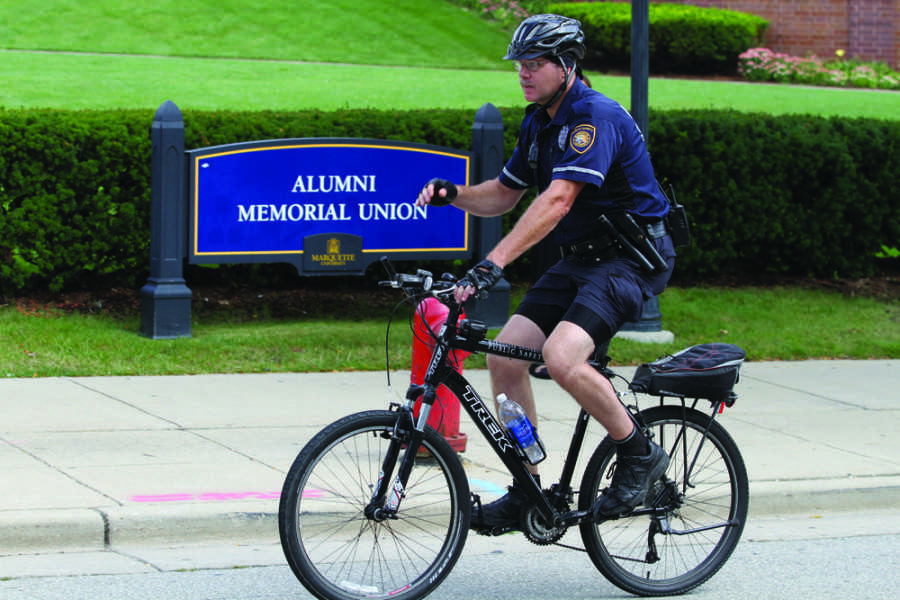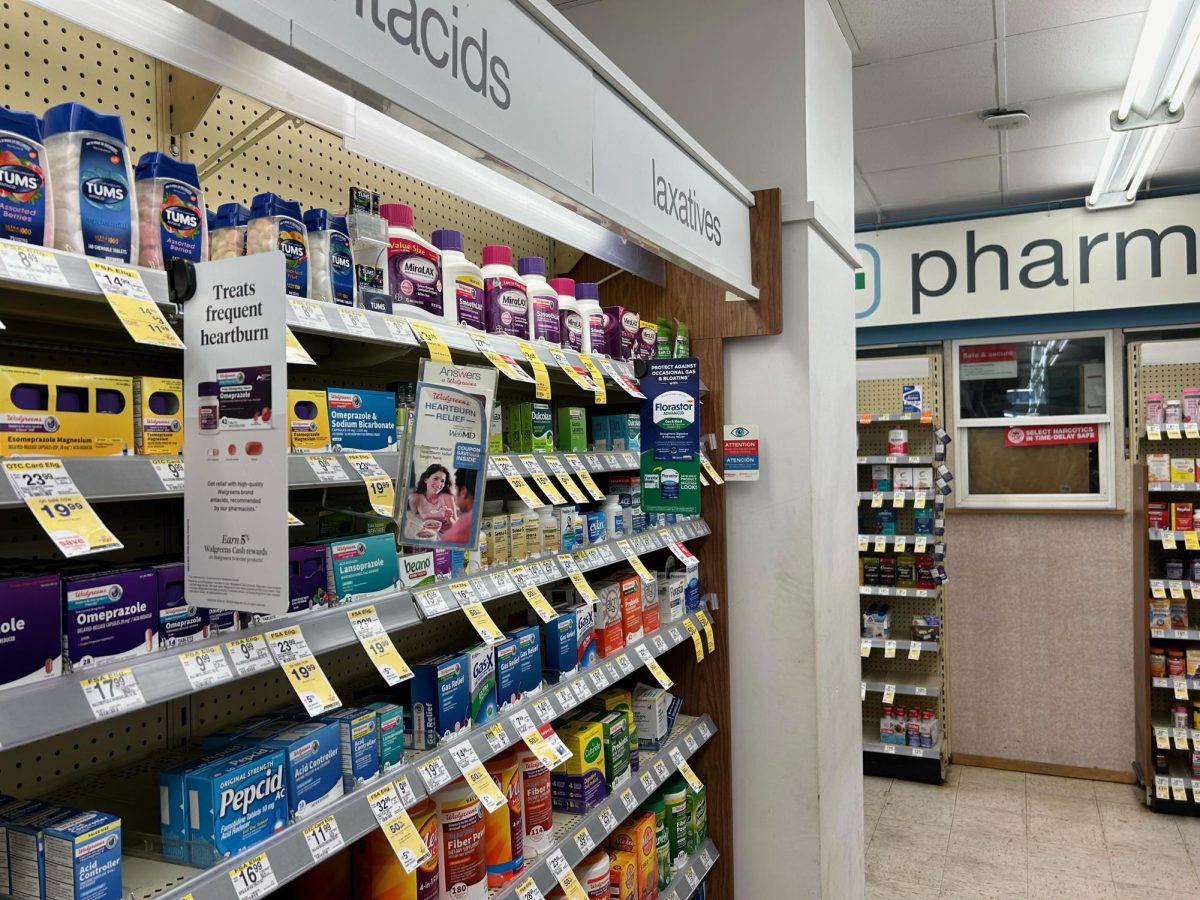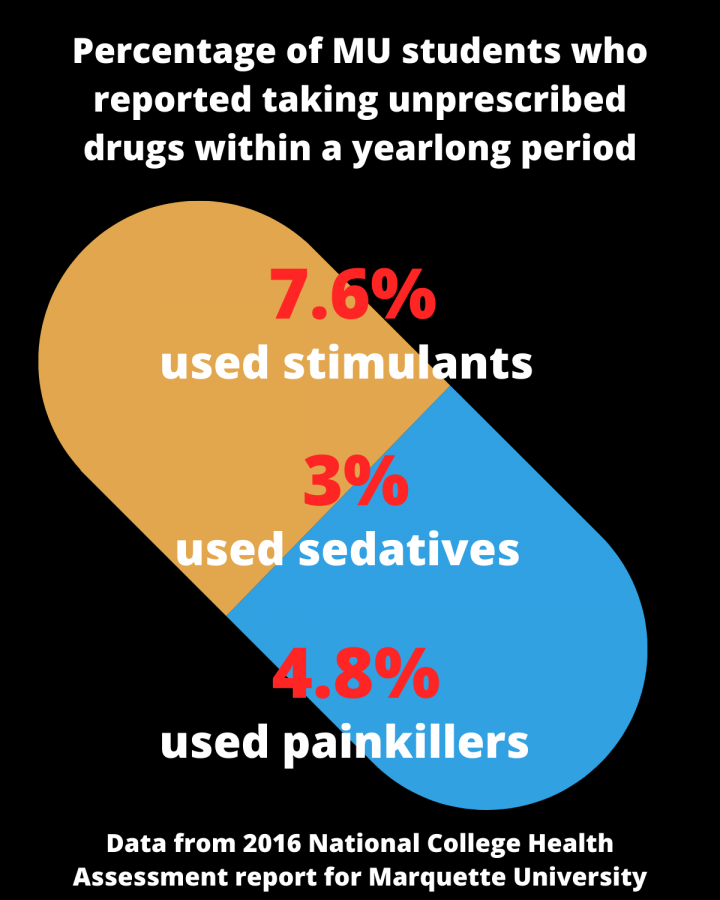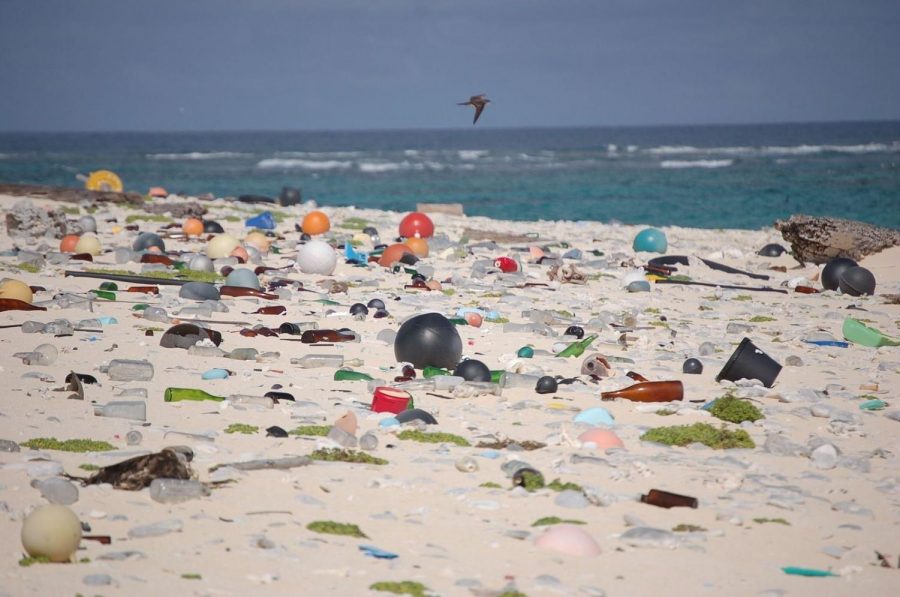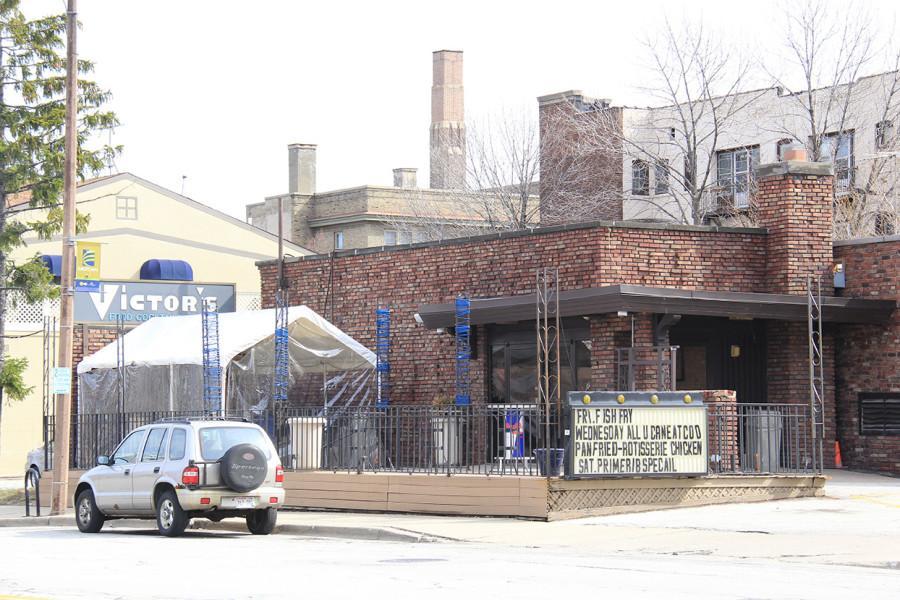After a week with five incidents of drug offenses and six cases of underage drinking on campus, it might be worth noting that students who use illegal drugs are at risk to be ineligible for any form of federal aid.
It’s an important reminder, since a quick survey found many students are not aware of the rule.
“I didn’t realize you could lose money in a situation like this,” said Meagan Sodaro, a freshman in the College of Education.
Sara Johnson, coordinator for Marquette’s alcohol programs, clarified that the rule for federal aid applies to illegal substances and alcohol is not illegal for those over the age of 21. Therefore, it is not included under federal guidelines.
If a student is convicted of a drug-related felony or misdemeanor while initially receiving federal aid, he or she will almost always lose any grants, loans, work-study or other student aid funds. Students may also be liable for returning any financial aid received during a period of ineligibility.
The ineligibility period is dependent upon the severity of the crime and how many times it has previously occurred. Generally the time period ranges from one to two years if kept under three offenses where it then goes to indefinite eligibility.
Students receiving federal aid must first fill out the online Free Application for Federal Student Aid, better known as FAFSA.
The federal law recognizes two vague categories of the drug offenses: possession of illegal drugs and sale of illegal drugs.
Eligibility for federal aid can be reinstated earlier by three various situations: the completion of an approved drug rehabilitation program, passing two unannounced drug tests administered by an official drug rehabilitation center or by having the conviction overturned.
Caroline Kupchella, a freshman in the College of Arts and Sciences, said she thought the rule is fair punishment depending upon the situation.
Sodaro agreed, and suggested that it might make more people think before their actions.
“For some people, it could really hurt,” she said. “Marquette is an expensive college.”
“I have heard of situations where people were caught with drug paraphernalia in their dorms, but had never heard of it affecting your money,” Sodaro said. “It would definitely make me think twice if I was ever put in a situation like that.”
More information regarding specific rehabilitation programs accepted by FAFSA and any other questions can be answered by contacting the Federal Student Aid Information Center.

